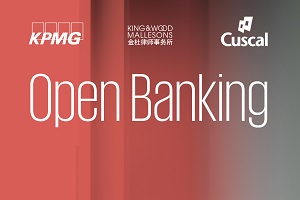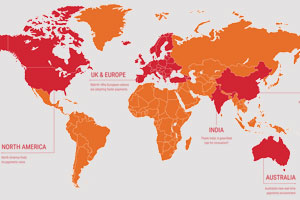- Published
- 17 Oct 2021


When the New Payments Platform (NPP) arrives, it will position Australia as a global leader in real-time payments. As exciting as that is, as a financial institution there are an array of practical considerations that you need to take into account. Key among them is managing the potential for fraud.
While fraud prevention may seem like a daunting task, in Australia we are well positioned to do so. Our existing services, such as “pay anyone,” are already well established, and we lead the world in smartphone adoption. That’s significant because smartphones offer greater opportunity for security and identification, including in-app messaging and biometrics.
We also have the benefit of being able to draw on key learnings from those who have gone before us in real-time payments. By studying the experiences of countries like the UK, for example, we can glean important insights and apply them here.
In this paper, we will outline the key considerations that you need to be aware of around fraud and explain what the NPP and Cuscal are doing to help prepare.
The reality is that although the NPP isn’t inherently riskier than our current payments system, you still need to be vigilant. Fraudsters are always looking for new opportunities to make money, so they could be waiting for the NPP to go live to try to test how secure it is.
To minimise that potential risk, it’s essential that you are ready when the NPP goes live.
Contents of the whitepaper:



